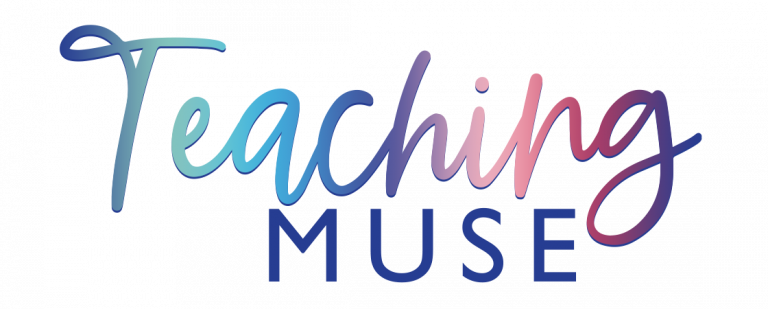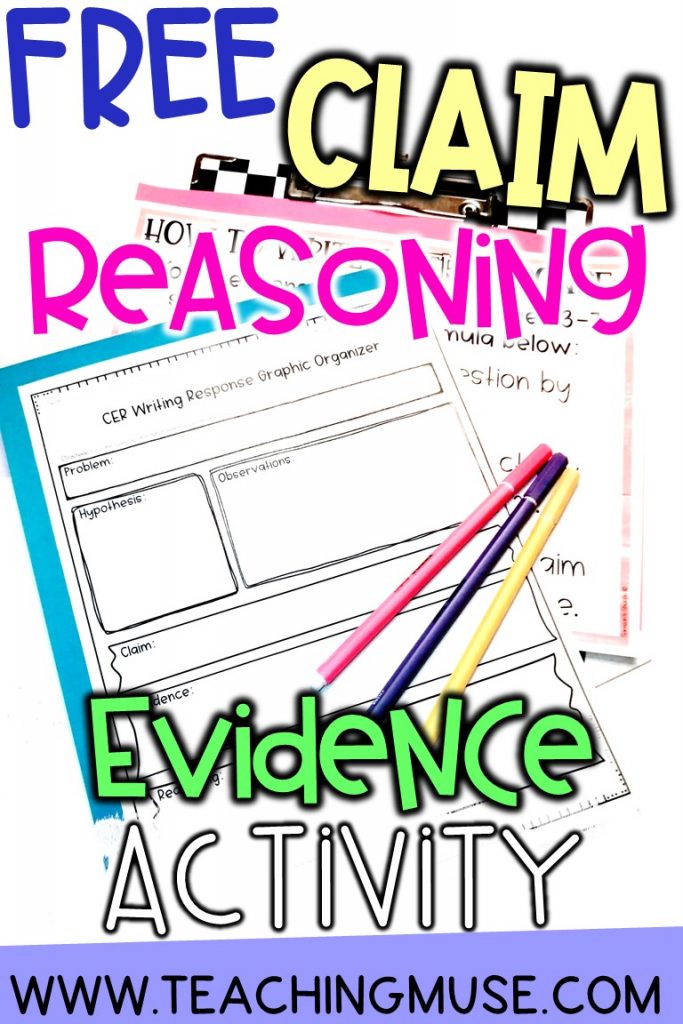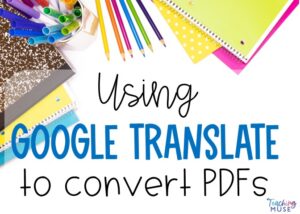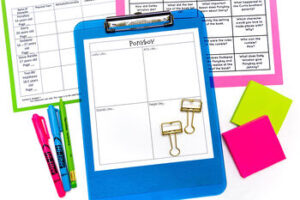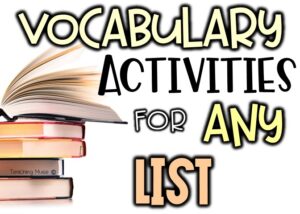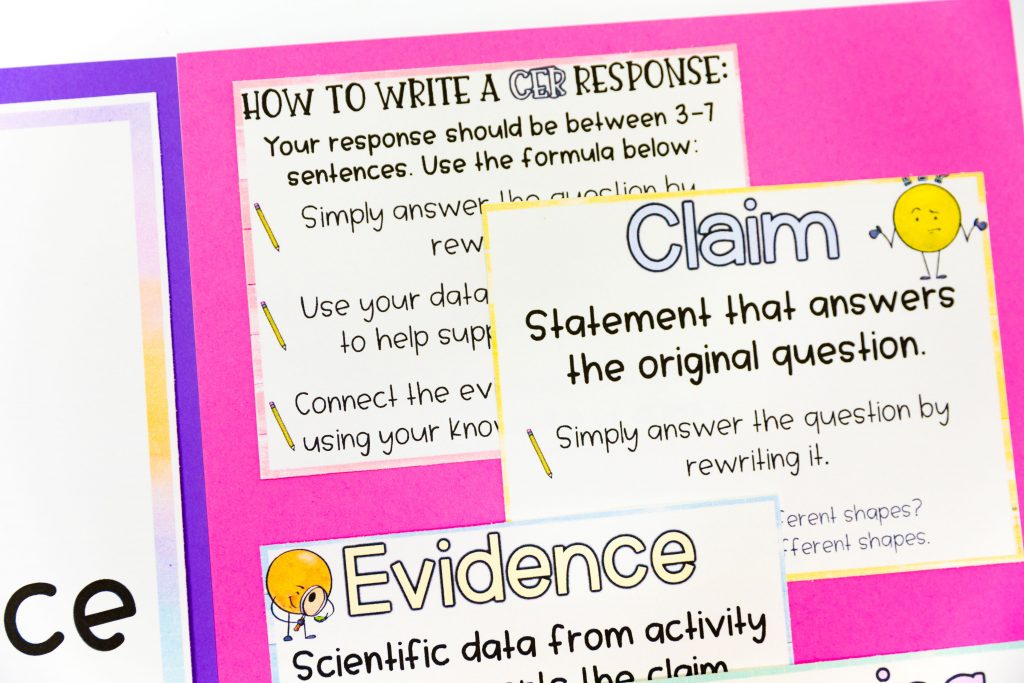
CER – claim, evidence, and reasoning is a science strategy to help students strengthen their analysis and writing skills. This science strategy works well for all students, but the formulaic response works well with students needing more support when writing. If you are looking for new activities for CER claim, evidence, and reasoning, then read below to get some ideas to learn how to use it in your classroom.
If the CER claim, evidence, and reasoning are new to you, you might want to start by learning more about this strategy.
- What is the CER strategy?
- How to quickly incorporate CER into my science lessons
- Implementing CER writing into science class
Additionally, grab FREE CER materials to use instantly in your classroom. These materials will help graphic organizers will help students to brainstorm and organize their science writing.
New Ways to Teach CER
Since it is often easier to get students’ minds to think about this before connecting it to science, teachers will often start by using examples so that students can apply their background knowledge or make general inferences.
Some well-known ways to teach CER include using commercials such as
- State Farm’s She Shed
- Audi’s Space Alien
However, teachers are looking for new ways to engage their kids in learning how to make a claim, support it with evidence, and include scientific reasoning.
Here are some new ideas to use when teaching CER:
- ShamWow commercial
- Phone apps: allow students to see apps you have downloaded to make a CER about you
- Teacher’s bag: Show students items that are in your bag
- Case of the Missing Meatballs
- Mars Rover
Using the FREE CER materials above, you can easily integrate these new CER ideas into your science classroom.
Simply:
- Give students a guiding question or have them make their own claim
- Watch the video or have a class discussion about items or apps
- Students will have to support their claim with evidence. Evidence can be gained from statements or visuals that they observe.
- Have students include their background knowledge / scientific reasoning to connect the evidence with the claim.

